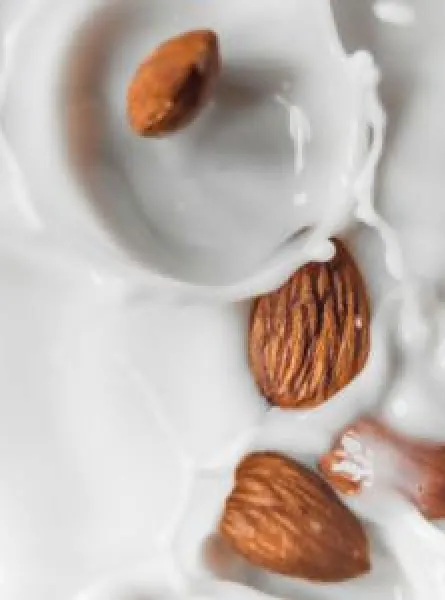
Menopause is a natural aspect of life that most women experience between the ages of 42 and 56. However, that doesn't mean it's easy! Hormonal changes and a decrease in estrogen levels in your body can lead to a range of negative side effects, such as mood swings and hot flashes. Fortunately, there are ways to alleviate these symptoms and make this transition period more enjoyable.
Your diet can have a significant impact on the effects of menopause, and avoiding certain types of foods can make your life easier. In this guide, we will introduce you to foods to avoid during menopause and provide you with nutritional tips to help you navigate this period with peace of mind.
1. Avoid Processed Foods for Better Health
Processed foods like chips, deli meats, and cakes may taste delicious, but they're not the best choices for your body during menopause. They are often high in sodium and added sugars, which can lead to water retention and bloating. Additionally, after menopause, you are more likely to experience hypertension due to decreased estrogen levels. Therefore, it's essential to reduce your sodium intake to maintain your health.
Prioritize fresh and unprocessed foods in your daily diet. Opt for homemade meals instead of ready-made dishes, replace white bread with whole grain bread, and choose healthy snacks like nuts and fruits instead of cookies and chips. Not only will you reduce hot flashes, but you will also improve your blood sugar balance.
2. Ease Up on Spicy Foods to Reduce Hot Flashes
During menopause, it is advisable to avoid spicy foods as they can intensify hot flashes and night sweats. Spicy foods can raise your body temperature and exacerbate these symptoms. This doesn't mean you have to give up all flavour in your diet! You can use other spices like smoked paprika, cumin, or mild curry powders to add flavour to your dishes without adding heat.
3. Reduce Your Alcohol and Caffeine Intake for Better Sleep
Alcohol and caffeine can have negative effects during menopause. They are known to increase hot flashes and disrupt sleep, which can worsen fatigue. Reduce your alcohol and caffeine consumption during this transition period. If you enjoy the taste of a beverage, opt for non-alcoholic alternatives like non-alcoholic beers that are now available in the market. You can also choose decaffeinated coffee or turn to energizing herbal teas based on peppermint in the morning.
4. Limit Fatty Foods to Stabilize Your Mood
Fatty foods, especially those from fatty meats like bacon and beef, can impact your mood during menopause. These foods can naturally decrease serotonin levels in your body, a chemical that plays a crucial role in your emotional well-being. A drop in serotonin can lead to irritability, low mood, and increased sensitivity to negative emotions.
If you can't do without meat, opt for lean cuts like poultry or white fish. You can also consider experimenting with a vegetarian diet during this transition period, as many vegetarian dishes are naturally low in fat. Just make sure to monitor your salt intake as some meat substitutes can be high in sodium.
5. Avoid Very Low-Calorie Diets and Prioritize a Balanced Approach
It is common to gain a little weight during and after menopause as metabolism slows down. However, strict very low-calorie diets are not a sustainable solution. These diets can disrupt your muscle mass and metabolism, making weight loss even more challenging and affecting your overall health.
Instead, adopt a compassionate approach to your body. Monitor your portion sizes and maintain a moderate calorie deficit if you want to lose weight. It is essential to maintain a healthy and balanced lifestyle focused on nutritious foods rich in vitamins and minerals to support your body during this period of change.
In conclusion, during menopause, it is important to avoid certain foods to ease this natural transition. Limit your consumption of processed foods, spicy foods, alcohol, caffeine, and fatty foods. Avoid strict very low-calorie diets and prioritize a balanced and compassionate approach to your body. By following these nutritional tips, you can navigate menopause with more comfort and serenity while taking care of your overall well-being. Remember that every woman is unique, so listen to your body and adjust your diet according to your individual needs during this transition period.
If you feel you need additional help and personalized nutrition advice during menopause - or at any stage of your life - contact us to discuss how our support can be beneficial to you. We can assist you in optimizing your diet through online consultations, allowing everyone to access expert nutrition guidance from the comfort of their home.





